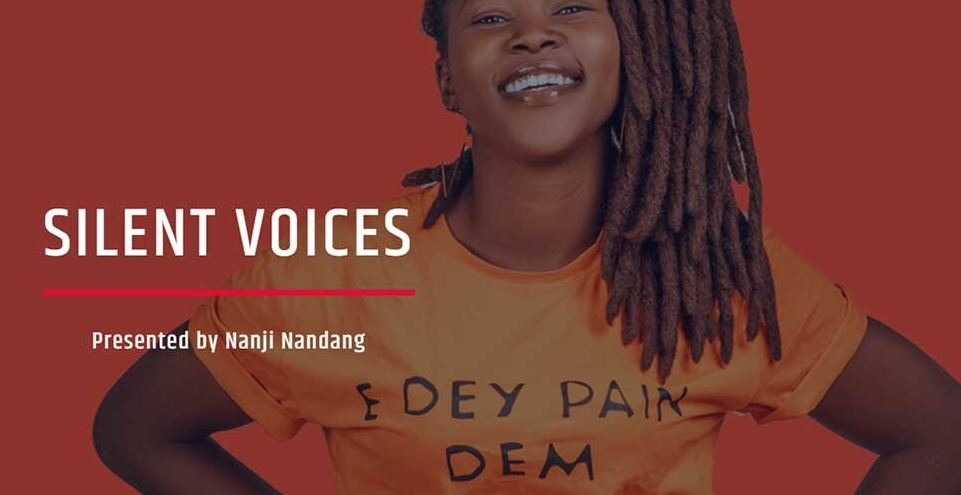

A radio program in Nigeria is helping break through conservative culture barriers by highlighting cases of gender-based violence, or GBV. Even before the COVID-19 lockdowns, many women and girls were victims of GBV.
Fatima talked to VOA at a shop in Jos, Plateau State, Nigeria where she is learning tailoring. Fatima, who asked that we not use her real name, is trying to pick up the pieces of her life after she was attacked almost two years.
She was on her way home from evening prayer in April 2020, when two armed men assaulted her.
“They had a gun to my head and a knife to my throat as they took me into the building,” she said. “They raped me and they kept taking turns while they were stabbing me doing the act.”
Every Thursday evening, like many other residents of Jos, she listens to a radio show where victims of gender-based violence talk about their ordeals.
At first, Fatima was too afraid to report her assault to the authorities. Her rapists threatened to kill her if she told anyone about what happened.
Fatima eventually broke her silence. She called in to speak with Nanji Nandang, the host of the Silent Voices program on the local radio station, Jay-FM.
Nandang says the program reaches 100,000 listeners each week.
“When they’re telling me their problem, they feel like this is a safe space,” Nandang said. “There are times I’d go emotional on the show. There are times I’d go blank because when you hear some cases, you’ll wonder if we have normal human beings again on Earth because some people behave like monsters and it’s really disturbing.”
To help victims get justice, Nandang works with the International Federation of Women Lawyers, or FIDA. The nonprofit offers free legal representation to victims who report cases on the radio show.
FIDA’s representative in Plateau State, Mary Izam, said seeking justice for victims is not easy.
“There’s so many bottlenecks, so somehow we encounter some delays, but our presence also gives us a lot of breakthroughs,” Izam said. “There are cases that ordinary people will report to the police, and they’re not being given the necessary attention. But the moment they call on FIDA for FIDA’s intervention, the moment we appear, the police will hasten the process.”
Fatima’s rapists have yet to be convicted, but FIDA says it will be monitoring the case.
In June 2020, all 36 of Nigeria’s state governors resolved to declare a state of emergency over rape and other gender-based violence against women and children.
As a part of their initiative, the governors aimed to impose tougher federal laws punishing rape and violence and to set up sex offender registers in all the states.
As Nanji Nandang calls attention to GBV, she signs off, saying, “… share your story with me, tell me what sexual and gender-based violence issue you’re facing.”